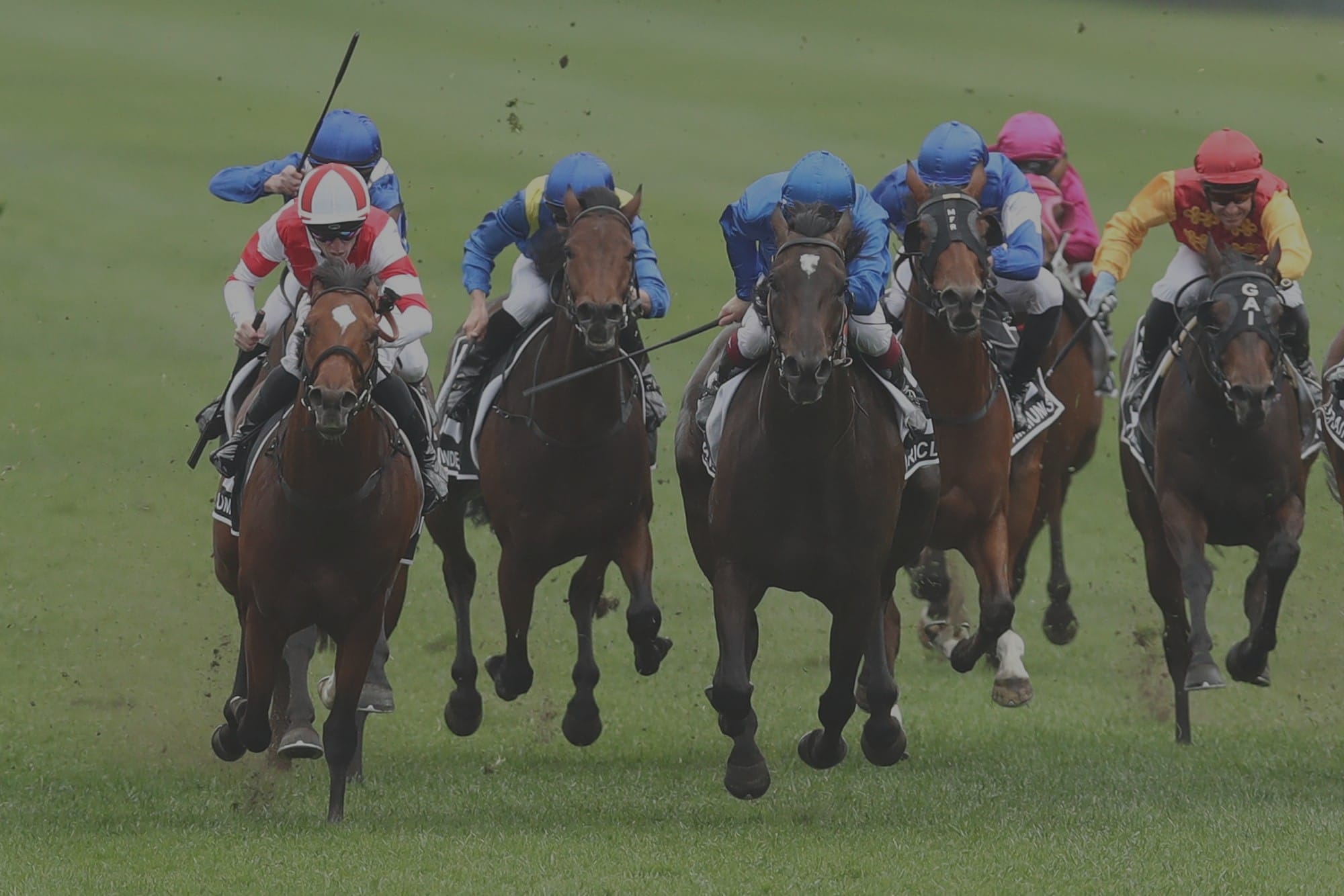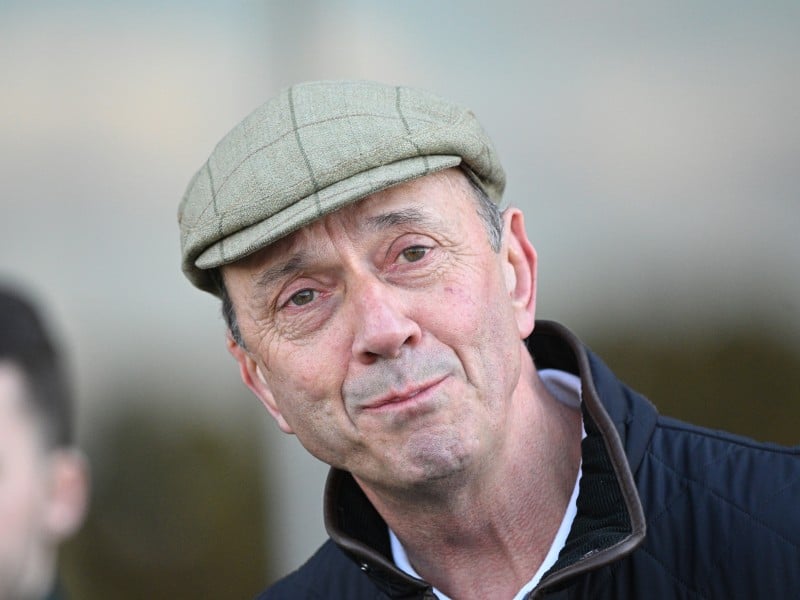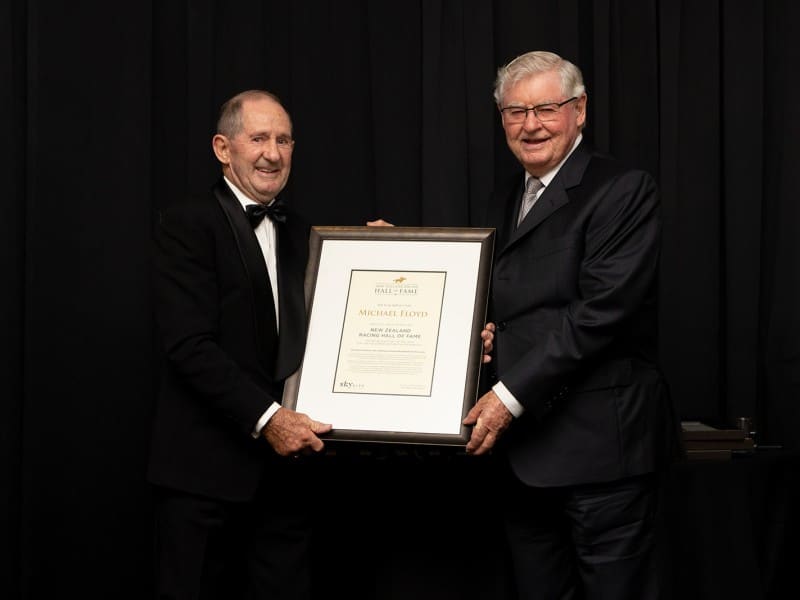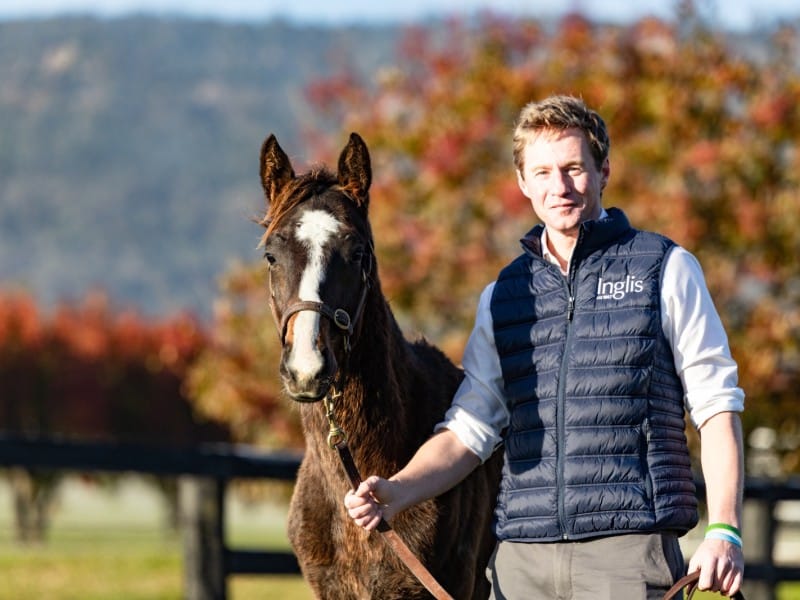‘If you need an electrician, you don’t hire a plumber’ – Ex-jockeys key to Queensland’s racing education revolution
Michael Cahill has become the latest jockey to turn his hand to the education of the next generation of riding stars. He knows it will not match the adrenaline of life in the saddle, but that it may be his most important legacy to the only industry he knows.
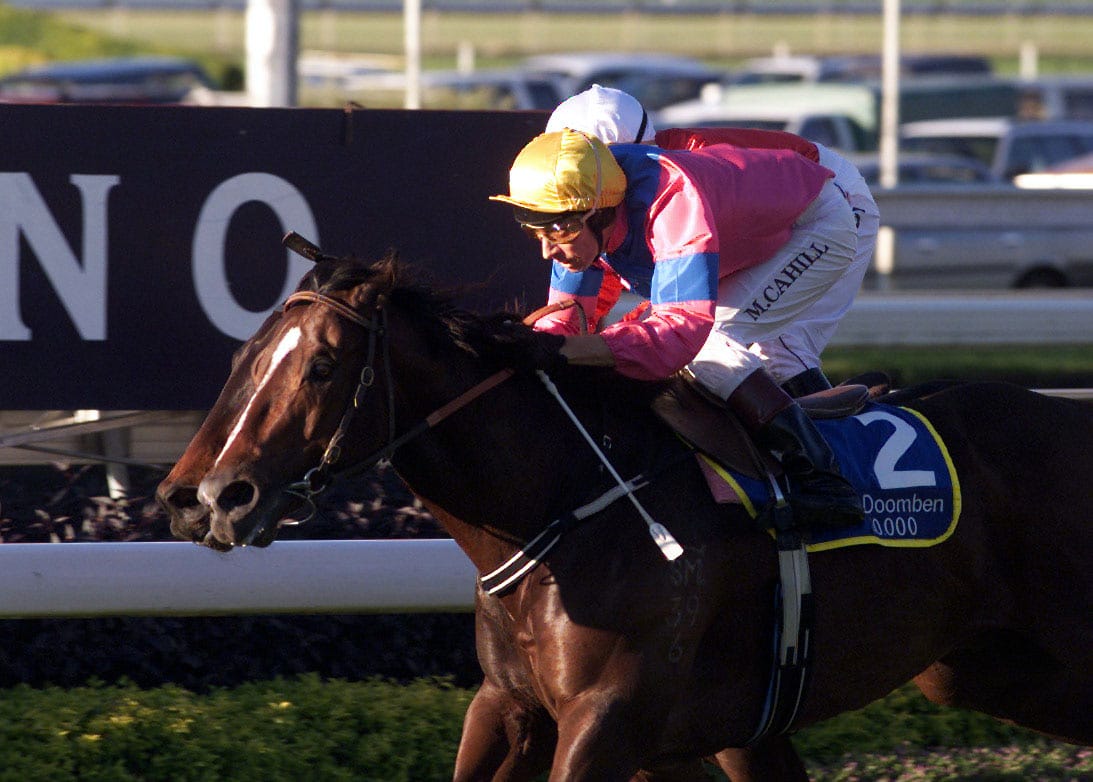
Few things replicate the adrenalin rush of being a jockey. Astronauts and free divers may disagree, but that’s about it.
Jockeys never forget their first and spend the rest of their careers trying to rediscover it.
Not many of you will have heard of Grant Seccombe, a Victorian picnic jockey and winner of almost 200 races who announced his retirement late last week. Up in Queensland, a far more famous jockey, multiple international Group 1 winner Michael Cahill, has also called time.
The differences are obvious, the similarities – that rush that’s hard to describe, a jockey secret – equally so.
Each remembers that first ride and the pursuit of the first win, then the addiction.
Seccombe’s first win was Little Boy Lost in a maiden at Drouin on Boxing Day in 2012 but his first ride was on the synthetic at Geelong on August 26 , 2011. Before heading to the amateurs, Seccombe rode briefly as an apprentice at the pros. (In a lovely bookend, Seccombe won the Thankyou Grant Seccombe Handicap at Woolamai recently).
“(At Geelong) the horse ran fourth and the race was over in four seconds. I was nervous, excited, I looked shithouse; trying to ride short (in the irons) and failing badly. I hope I never have to see that replay,” Seccombe said.
Cahill remembers his first ride “like it was yesterday”.
It was on a horse called Red Affro at far-flung Gooloogong on October 4, 1980. Red Affro was city-class but Cahill ‘slaughtered’ it into second place.
“I was so nervous; pilot error for sure,” Cahill said.
The rush of riding makes career transition; like moving from Ibiza to King Island.
Seccombe is leaving racing in his wake, to a career he cannot disclose but one that involves community engagement. This will require adjustment.
“That feeling? It’s like putting your foot to the floor in a Ferrari. You are racing, bumping, taking gaps. There is no feeling like riding in a race. It is death-defying,” he said.
Cahill is staying in the game, transitioning into a bold and ambitious program that makes him nervous, in a good way.
“Race riding is all there has ever been for me,” Cahill said. “To not do that and make a transition is big. There is no feeling like a horse letting down through a field. It’s very addictive.”
At 60, Cahill is going back to school – as an educator.
In Australia, Queensland is the jockey over-achiever.
Big in size, relatively small in population compared to its southern counterparts, the Sunshine State has been the proving ground for an extraordinary number of superstar jockeys; from George Moore to Zac Purton, Neville Sellwood, Ken Russell, Chris Munce, Jim Byrne and Mick Pelling.
Many started in the deep north or far west and rode their way into the big smoke. The great Darby McCarthy was born in a sandhills camp in Cunnamulla. Glen Boss hailed from Caboolture. Mick Dittman, Rockhampton.
Queensland’s size had contributed to disjointed jockey education. It fell way behind the other states with its structured apprentice schools and other programs geared at keeping participants in the industry.
This has led to a recruitment campaign and the assembly of an army of jockey educators. Classes begin next month.
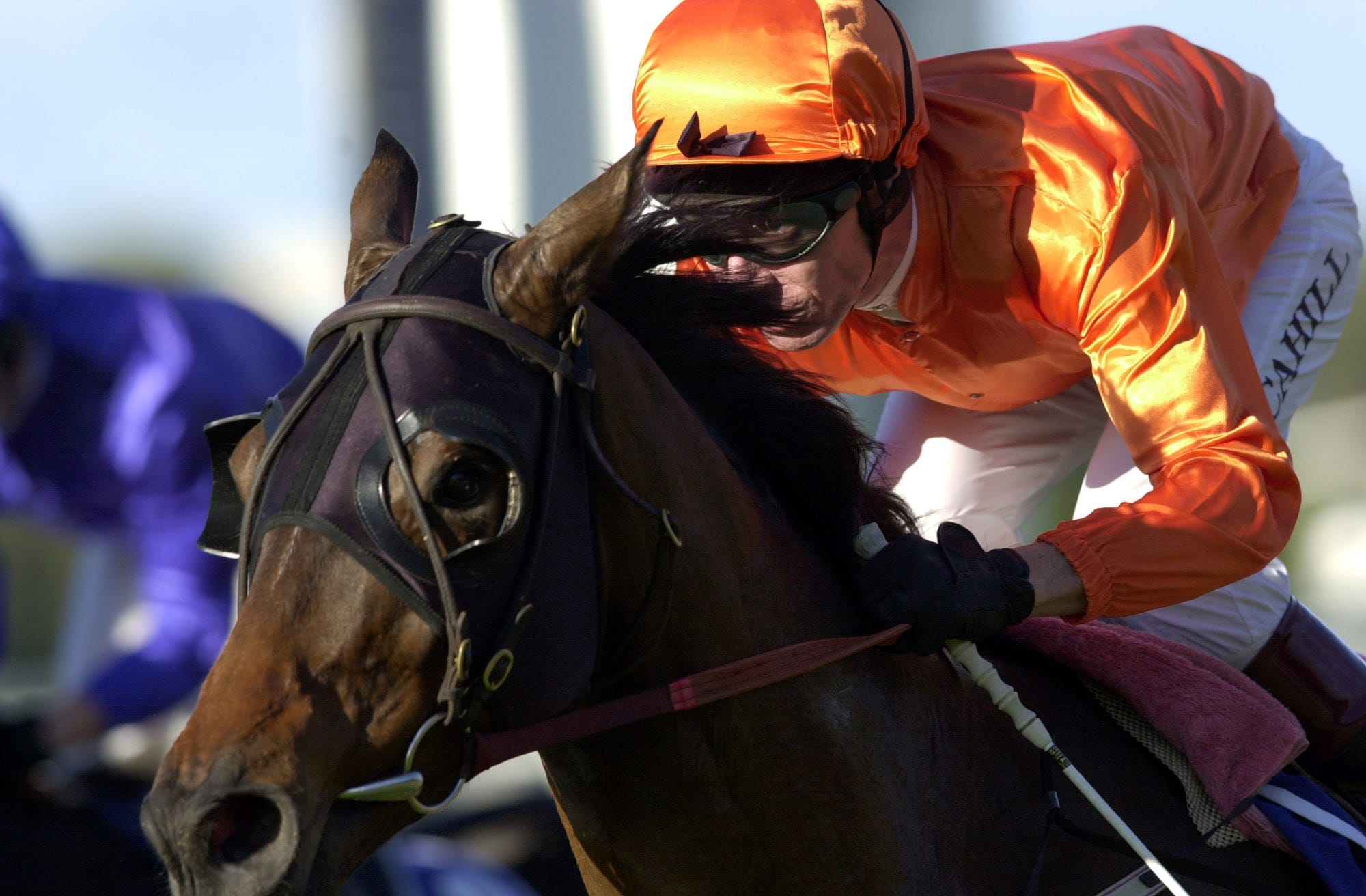
Administrators won’t admit it openly but many of the Queensland kids had become rag-tag and undisciplined.
Jason Scott quickly picked up on this when he was appointed Racing Queensland CEO in April 2023.
He began a nationwide recruitment drive and Queensland’s jockey education team is now complete. It’s a big squad.
Cahill, for one, can’t wait to get started.
Another top jockey, Chris Whiteley, has been hired and former jockey Briony Moore (formerly Briony Dunn) has been poached from Victoria and SA where she was instrumental in setting up education programs.
Former legendary jockey Shane Scriven, international Robbie Fradd, leading rider Dale Spriggs and successful Victorian import Georgie Cartwright are also part of the most impressive-looking educational team in Australian racing.
Michael Cahill and Chris Whiteley will bring their invaluable expertise and passion for racing to the Queensland Apprentice Jockey Program, further strengthening the development of Queensland’s future stars.
More https://t.co/VXABWtWkXC pic.twitter.com/kIFMjwNPgi
— Racing Queensland (@Racing_QLD) January 13, 2025
Scott said the vastness of the state and the vastness of the job ahead meant he had to recruit “big”.
“No doubt we dropped behind the other states. Scrivo did a great he wasn’t given the right sort of assistance. If you need an electrician, you don’t hire a plumber,” Scott said.
Cahill said Queensland had “probably stagnated a little bit” in recent years.
Scott is determined that an emboldened squad of educators will be a step to greater formalised education of a myriad of racing participants.
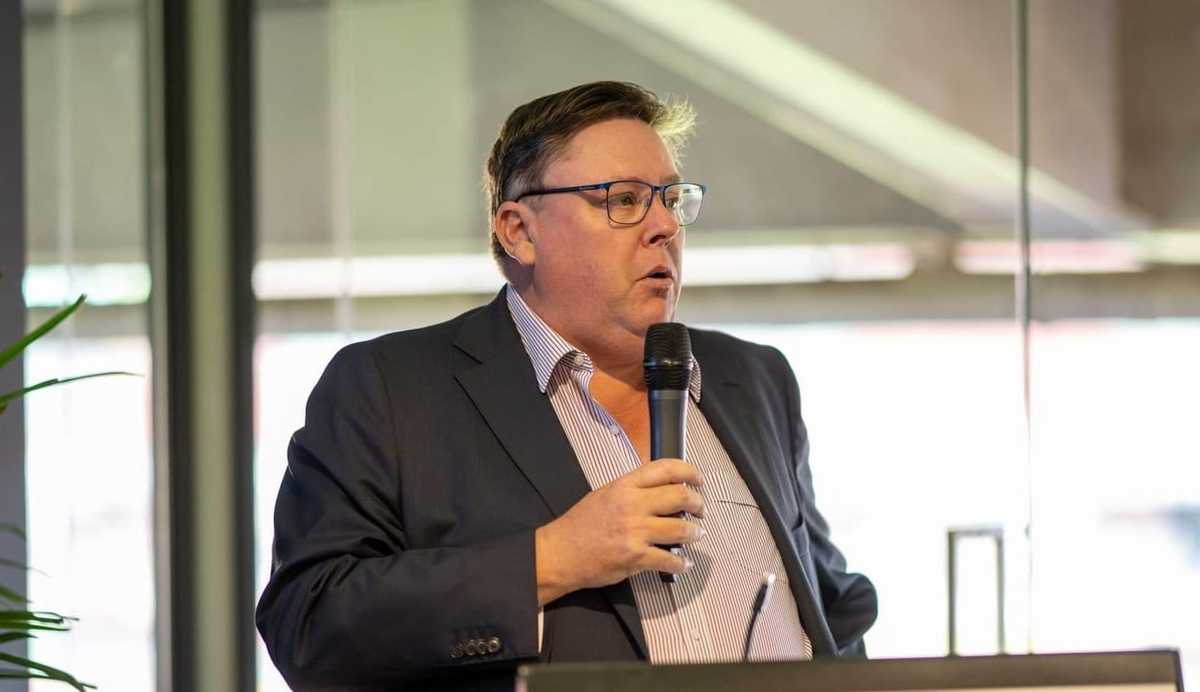
“Long term, I think racing needs academies across the full range of employees; jockeys, trainers, everything, even race callers,” he said.
“In theory it would be a national thing but I don’t think we’re quite there yet. It’s a focus here in Queensland.
“People inside the industry simply don’t have time to do what an academy can achieve.”
Scott said young jockeys were often disasters waiting to happen; too much cash, not enough structure.
“Of all the apprentices of all the trades, jockeys are the best paid by a considerable amount,” he said. “But many have no clue and come out the other end of it with nothing. We have to better teach them how to handle their money. Apprentices who end up on the street with no money doesn’t help anyone.”
Once you get them, you have to educate them and hold them, legendary jockey Dittman says.
“It takes four or five years to ‘make’ a jockey. They need a little bit of prick in them but they also need guidance and education. They’ve got to learn a lot and they’ve got to learn it quick, otherwise they fall by the wayside and you never hear from them again,” he said.
Cahill is determined to not just be a celebrity educator.
Born in Cowra in western NSW, Cahill rode six Group 1 winners among 2600 wins in a career that stretched four decades and across 10 jurisdictions. He rode against the global elite; Dittman, Lester Piggott, Ryan Moore, Frankie Dettori and James McDonald.
“Race riding is all there has ever been for me. To not do that and make a transition is big. There is no feeling like a horse letting down through a field. It’s very addictive,” jockey Michael Cahill
He will continue to ride work for Chris Waller at the Gold Coast “and I think that will give me some advantage”.
“You’re still riding track, you’re looking all around you, seeing these kids, seeing what they do right and wrong,” Cahill said.
“I’m a bit nervous. It’s new to me, I’m a novice but I’ve never been afraid to ask questions over my career and hopefully I can transfer some of that knowledge.”
The aim is to teach as much about life as life in the saddle. Riding styles have evolved. Cahill would not teach kids what he was taught before riding Red Affro at Gooloogong, although he says he was never a “whip rider”.
Michael Cahill winning the 2019 Doomben 10,000 on The Bostonian. (Vision: YouTube)
Dittman, who’d shown some interest in mentoring the Queensland kids, concedes the modern way was best.
“Much better than the way we rode. You don’t have to belt them, although you do have to give them one around the backside at the 600. We rode the way we did mostly through habit,” Dittman said.
Cahill said: “There’s no doubt riding styles have changed. Jockeys have adapted and I guess as an educator you have to adapt too.”

